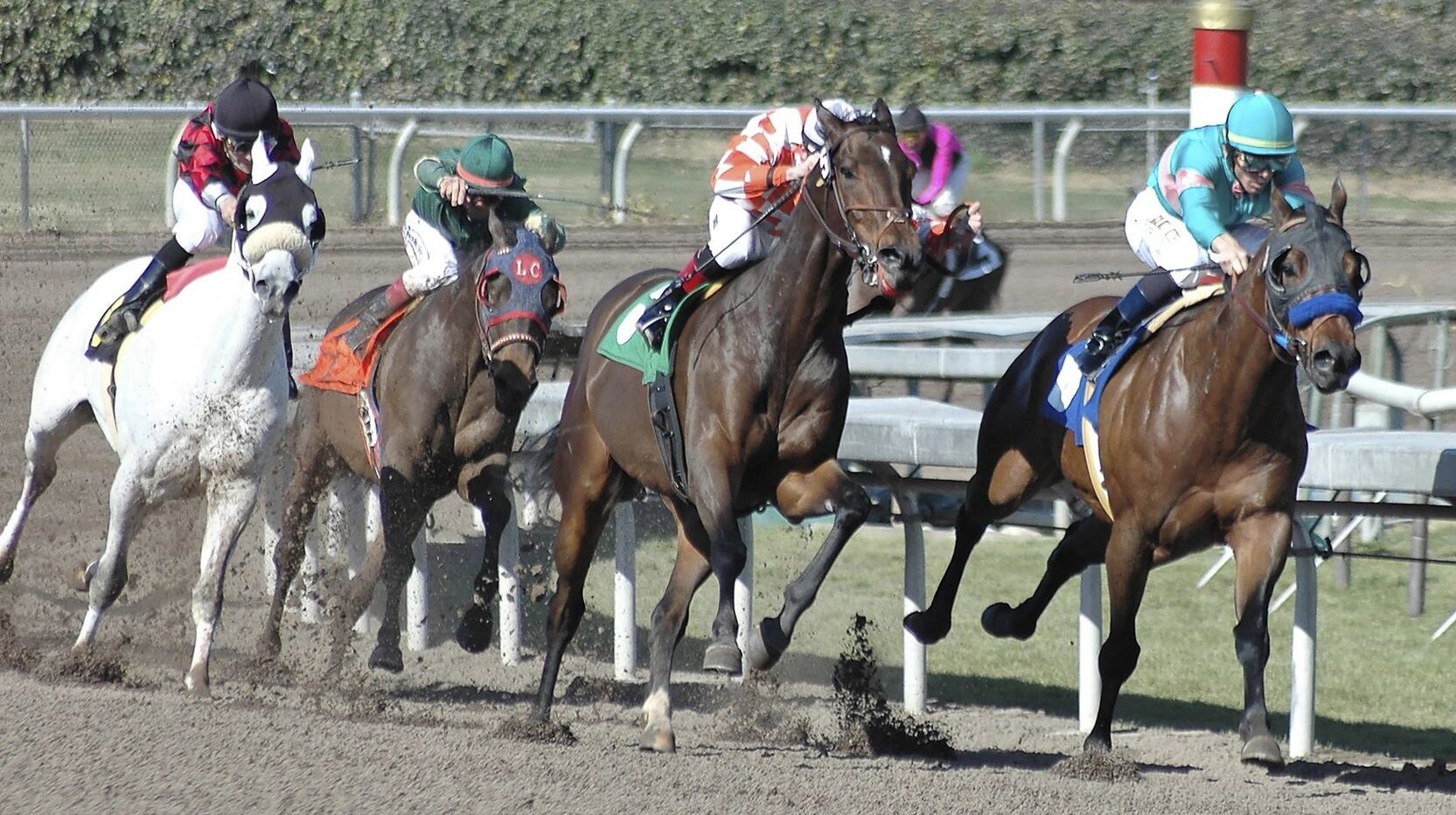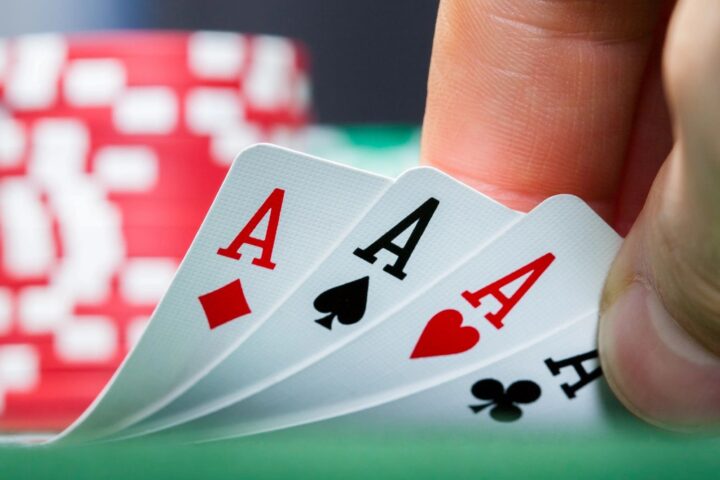If you gamble, take a bow and say thank you to Ronald A. Mayo, who took his gambling case to the Tax Court and won a big, precedent-setting victory for gamblers.
Before getting to Mr. Mayo’s accomplishments, note that there are two types of gamblers:
Professional gamblers get the best breaks, and Mr. Mayo just got the Tax Court to issue new precedent that makes those business gambling tax breaks more beneficial. To see if your gambling activity might qualify you as being in the business of gambling so that you can have these tax breaks too, see the article titled “Tax Guide to Gambling Income and Losses.”
The Big Deal for Professional Gamblers
Before this case, the taxpayers who could claim that they were professional gamblers, or in the business of gambling, could not deduct losses and expenses in excess of winnings.
Mr. Mayo had gross gambling income of $120,463, gambling losses of $131,760, and business expenses of $10,968, for a net loss of $22,265.
Initially, the IRS alleged that Mr. Mayo had a gambling hobby. However, before the court heard the case, the IRS agreed to stipulate that Mr. Mayo was in the business of gambling.
The IRS, relying on Offutt—a 1951 Tax Court precedent-setting case—disallowed all Mr. Mayo’s expenses in excess of winnings. This has pretty much been the rule that has been followed since 1951, and had this rule been enforced, Mr. Mayo would have deducted none of the $22,265 in wagering losses and business expenses that were in excess of his gambling winnings.
However, the Tax Court pretty much on its own decided (without any real prodding from Mr. Mayo) to reconsider Offutt in this case.
The happy result for gamblers in the business of gambling: say good-bye to 50 years of precedent and say thank you, Mr. Mayo, for bringing your gambling case before the court.
The court’s rejection of Offutt granted Mr. Mayo his business deductions of $10,968. The Tax Court decision changes the treatment of gamblers in the business of gambling to allow business deductions but continues to restrict direct gambling losses to gambling income.
Certainly professional gamblers, or those in the business of gambling, would like treatment consistent with other businesses. But take what you can. This is a major benefit for gamblers in the business of gambling.
The Gambling Business Expenses
The Tax Court noted a number of expenses that gamblers in the business of gambling can deduct as non-wagering losses. Thus, tipping, takeoff fees, and other indirect wagering expenses are deductible by gamblers who are in the business of gambling.
Mr. Mayo gambled on horse racing. The court’s written decision gives us no details on where Mr. Mayo made his bets.
We suspect that he wagered close to home, because his business expenses involved almost no travel. Here is what Mr. Mayo claimed on the tax return that was before the court when it allowed Mr. Mayo his “in the business of gambling” business expenses:
| Expense |
Amount |
| Car and Truck |
$ 3,109 |
| Interest |
91 |
| Office |
256 |
| Travel |
776 |
| Meals and Entertainment |
1,651 |
| Telephone and Internet |
670 |
| Admission/Entry Fees |
1,251 |
| Subscriptions |
1,056 |
| Handicapping Data |
1,960 |
| ATM Fees |
148 |
| Total |
$10,968 |
Note that admission/entry fees are business expenses and not wagering expenses.
Also, you have to think that the car and truck expenses reported in Mr. Mayo’s tax return are suspect, as Mr. Mayo claimed no home-office deduction. Where in the world did he drive for business? Without a home office, his trips from home to the race track were nondeductible personal commutes.
The court did not detail any of these business expenses. Accordingly, we don’t know what is involved in Mr. Mayo’s car and truck expense deduction. We suspect that the IRS did not question the car and truck expenses since this was not an issue in this case, as the IRS had true reasons to believe that all these expenses would be disallowed under Offutt.
Three Tax Planning Points for Professional Gamblers
The Tax Court’s precedent-setting decision in Mayo allows gamblers in the business of gambling
Don't Let Gambling Winnings Lead to Unexpected Tax Bills
Gambling has tax implications and can, for the uninformed, lead to unexpected tax bills and complications. If you want to discuss the tax implications of your gambling activities, fill out the form on this page or call us at 440-777-2207.
Small Business Tax Services
As an expert in small business tax services and tax consulting Ken-Mar Tax eats, sleeps and breathes small business tax strategies. Being an enrolled agent allows founder, Ken Weinberg, to represent you to the IRS - something only a CPA, tax attorney and Enrolled Agent can do. EAs are the only federally licensed tax practitioners who specialize in taxation and also have unlimited rights to represent taxpayers before the IRS. It also means he is continuously being updated on the new IRS tax codes and taking classes from the IRS that provide guidance on how to file returns so that they are not "flagged."
When you get your taxes prepared by Ken Mar Tax you also have the option to purchase the Tax Audit Protection Plan to avoid the extra costs of paying for audit representation. If you are audited by the IRS, State of Ohio or local taxing authorities, Ken-Mar Tax will meet with the taxing authorities on your behalf to negotiate a settlement for you. The fee covers all costs up to the Appeals level, including up to 15 hours of correspondence with the auditing party – either the IRS, State of Ohio or locality.








